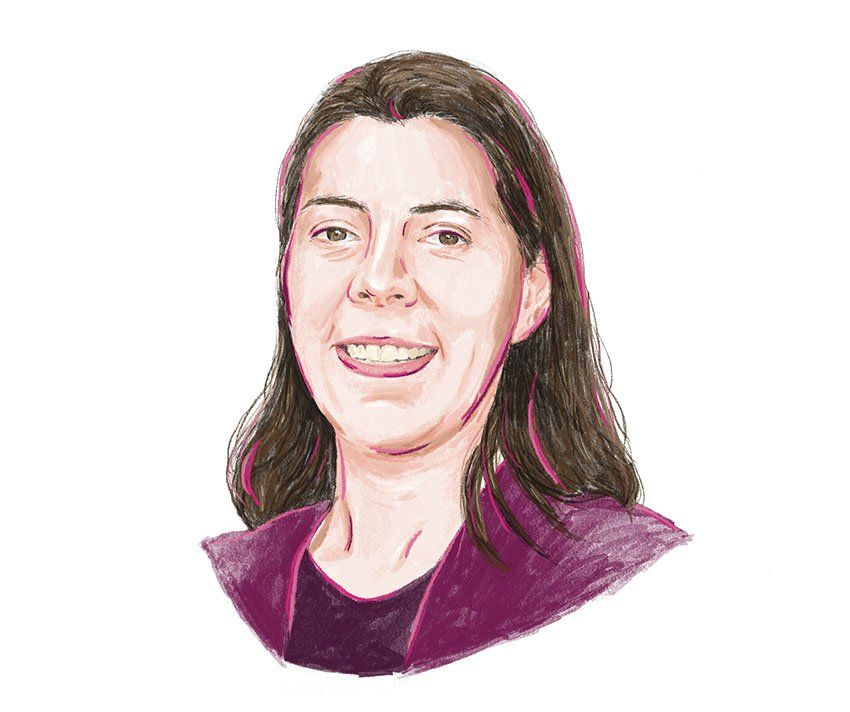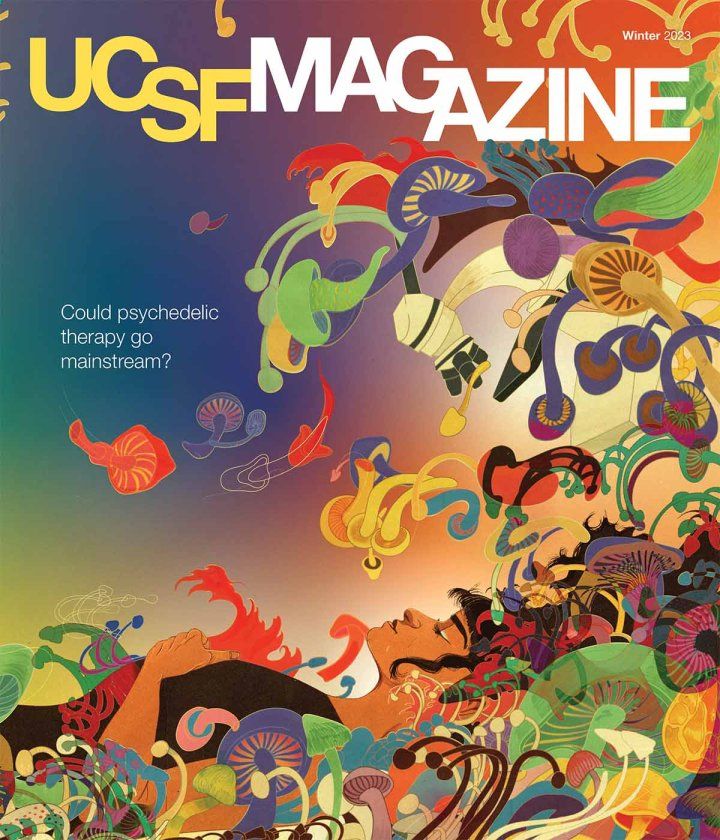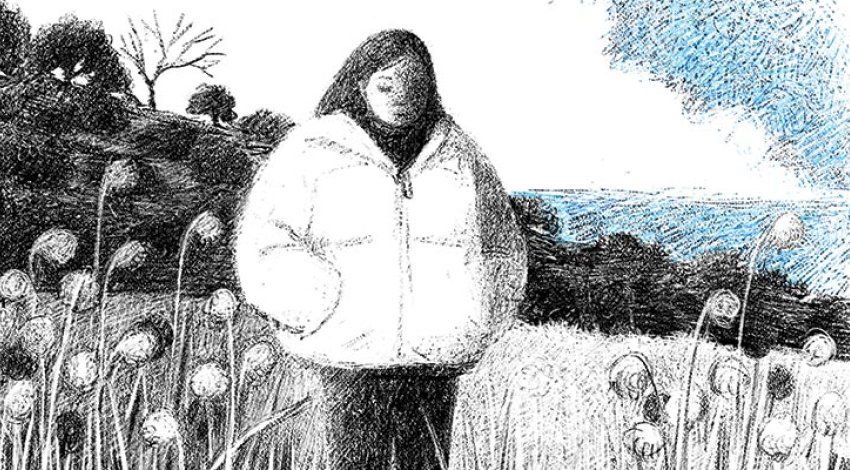
This Must Be the Place
Learning to make a home in the world at every age

When I was in my mid-20s, I never planned to study older people. Even when I first met my future research participants – customers five and six decades my senior at the mom-and-pop bakery they and I frequented in Manhattan – I didn’t envision them becoming part of my graduate work. But I soon grew curious about them: about the relationships they formed at the bakery, about why they preferred that setting to a senior center. And soon they were part of my PhD studies in sociology; I decided to conduct a five-year, ethnographic study to understand their experiences aging in place, to follow these longtime bakery customers as they coped with the accumulated losses of neighbors, friends, and family, as well as with gentrification, health setbacks, depression, financial struggles, and other everyday challenges.
I came to see that they’d transformed the bakery into an alternative hub of neighborhood life – a public living room, where they developed the social ties that helped them remain in their homes. Their lessons for survival and belonging continue to enrich my life, teaching me how to make a home in the world wherever I go.
Though three of my four grandparents died before I was born, and I had few opportunities to interact with other older relatives, I shared much in common with the elders I came to know in the bakery. I’d always considered myself an “old soul.” My father and mother, born in 1942 and 1943, were older than my classmates’ baby boomer parents. My sister likened our childhood to growing up with a time machine. Those years made a big difference in shaping my sensibilities, and the music, movies, and experiences my parents introduced me to helped me connect with my research participants.
As lifelong New Yorkers, we engaged in rollicking, no-holds-barred conversations (a communication style that has been astutely analyzed by the linguist Deborah Tannen). Several of us had working-class backgrounds and were the children of immigrants. Many of us had experienced significant loss and illness. As one woman in her late 80s named Sylvia often said, “I’m a veteran without a gun.”
My mother died when I was 16. As her cancer progressed, her world shrank to a one-block radius around our apartment. I helped care for her at home while she was dying. Since my own diagnosis at age 26 with an autoimmune disease, Sjögren’s syndrome, I’ve also adapted to living with chronic fatigue, pain, and symptom “flares.” Like my study participants, I needed even back then to pace myself and interact extensively with health care providers. The elders checked on my health as much as I inquired about theirs.
My ethnographic research helped me manage my own difficult life transitions. While I was conducting the study, I supported my father during a lung cancer recurrence and my sister after a psychiatric diagnosis and hospitalization. Then my 13-year relationship ended, and I navigated new grief and adjusted to singlehood. Amid these upheavals, I came to San Francisco.
Older people I befriended in the Bay Area soon brought me into their web of care and served as important guides. My roommate, a retired taxi driver from Dublin in his late 70s, played the piano every morning, listened to my ups and downs, and included me in his friendship group of older men, who took me to lunch at the United Irish Cultural Center of San Francisco. Another older friend in the Castro showed me baby owls in Golden Gate Park and drew me into his motley social circle of people he’d met serendipitously in the City. These San Francisco elders faced their own challenges aging in place, including residences on steep hills with stairs not designed for those with mobility problems and a shortage of affordable housing. To cope, they also sought places for connection where they felt comfortable and supported.
In cities like San Francisco and New York, with a rich “public realm” – which the sociologist Lyn Lofland, a UCSF alumna, characterizes as spaces where strangers interact and form relationships – I have been able to implement elders’ strategies to foster a sense of belonging. After my breakup, like many of my study participants, I struggled to fill my weekends. Becoming a regular at different places has helped me assuage loneliness, as I created new routines – spending my Saturdays in North Beach, rotating with other regulars among Caffe Trieste, Caffe Greco, Specs’, and Vesuvio Cafe.
When a study participant named Eugene turned 90, I asked him how quickly his life had passed thus far. He snapped his fingers with a grin – a startling reminder not to waste time, to slow down. Elders have imparted crucial wisdom that has helped me thrive in my later years. I’m now planning for a home where I can grow old with increasing disability, securing a pension and building retirement savings, accessing preventive health care, and advocating for myself in health care settings. I strive for a purposeful life filled with connection as I cultivate different sources of social support.
At 42, I’m firmly ensconced in the “old age of youth.” I try not to lament every new gray hair, wrinkle, and dark spot. I’m grateful to elders for helping me embrace the pleasures of growing older, feel more comfortable in my skin, and accept my mistakes as I learn to approach late life with less fear, judgment, and dread.
Stacy Torres is an assistant professor of social and behavioral sciences in the UCSF School of Nursing.




